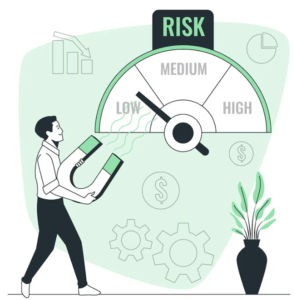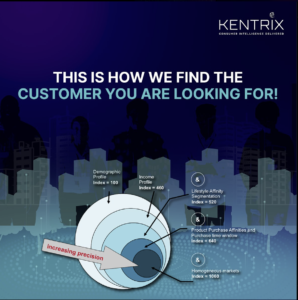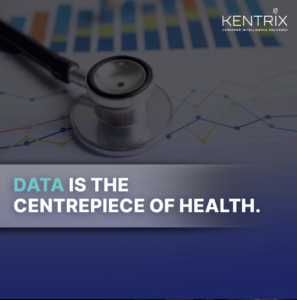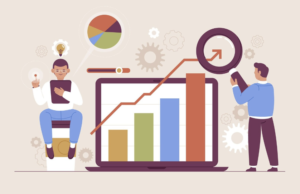Introduction
In today’s dynamic business environment, understanding and managing customer risk is paramount. This comprehensive guide dives deep into the intricacies of customer risk assessment, providing actionable strategies and insights.
Understanding Customer Risk
Before delving into assessment techniques, it’s crucial to grasp the concept of customer risk. This section explores the various types of risks associated with customers, including financial, reputational, and operational risks.
Importance of Customer Risk Assessment
Highlighting the significance of customer risk assessment, this section delves into why businesses must prioritize this process. From regulatory compliance to safeguarding financial health, assessing customer risk has far-reaching implications.
Key Components of Customer Risk Assessment
This section breaks down the essential components of effective customer risk assessment. From data collection to risk scoring methodologies, each aspect is explored in detail, offering practical insights for implementation.
Data Collection Strategies
Effective risk assessment hinges on robust data collection strategies. This section outlines best practices for gathering relevant customer data, including transaction history, credit scores, and behavioral patterns.
Risk Scoring Models
Delve into the world of risk scoring models, including statistical methods, machine learning algorithms, and qualitative assessments. Learn how to develop customized risk scoring frameworks tailored to your business needs.
Compliance and Regulatory Considerations
Navigating regulatory requirements is integral to customer risk assessment. This section provides an overview of key compliance frameworks, such as KYC (Know Your Customer) and AML (Anti-Money Laundering), ensuring adherence to legal standards.
Technology Solutions for Risk Assessment
Harnessing technology can streamline and enhance customer risk assessment processes. Explore the latest tools and technologies, from AI-powered analytics to blockchain solutions, designed to mitigate risk and enhance decision-making.
Case Studies: Real-world Applications
Gain valuable insights from real-world case studies showcasing successful customer risk assessment strategies. Explore how leading organizations leverage data analytics and risk management frameworks to mitigate risks and drive business growth.
Best Practices for Effective Risk Mitigation
Beyond assessment, effective risk mitigation strategies are critical. This section outlines best practices for mitigating customer risks, including proactive monitoring, fraud detection measures, and crisis response protocols.
Also Read: What is business intelligence software
Continuous Improvement Strategies
Risk assessment is an ongoing process that requires continuous refinement. Discover strategies for continuous improvement, including feedback loops, performance metrics, and risk assessment audits.
Future Trends in Customer Risk Assessment
Anticipate future trends and developments shaping the field of customer risk assessment. From AI-driven risk modeling to predictive analytics, stay ahead of the curve with emerging technologies and industry trends.
FAQs (Frequently Asked Questions)
1. What is Customer Risk Assessment?
Customer risk assessment involves evaluating potential risks associated with customers, including financial, reputational, and compliance risks.
2. Why is Customer Risk Assessment Important?
Effective customer risk assessment is crucial for regulatory compliance, safeguarding financial interests, and maintaining trust with stakeholders.
3. What Data is Used in Customer Risk Assessment?
Data used in customer risk assessment includes transaction history, credit scores, behavioral patterns, and compliance-related information.
4. What are Common Risk Scoring Models?
Common risk scoring models include statistical methods, machine learning algorithms, and qualitative assessments tailored to specific risk factors.
5. How Can Technology Enhance Risk Assessment?
Technology solutions such as AI-powered analytics and blockchain can enhance risk assessment by automating processes, improving accuracy, and detecting anomalies.
6. What Are Best Practices for Mitigating Customer Risks?
Best practices for mitigating customer risks include proactive monitoring, fraud detection measures, crisis response protocols, and continuous improvement strategies.
Conclusion
In conclusion, the Comprehensive Guide to Customer Risk Assessment offers a holistic view of risk assessment strategies, compliance considerations, and future trends. By leveraging data, technology, and best practices, businesses can effectively manage customer risks and foster long-term success.












